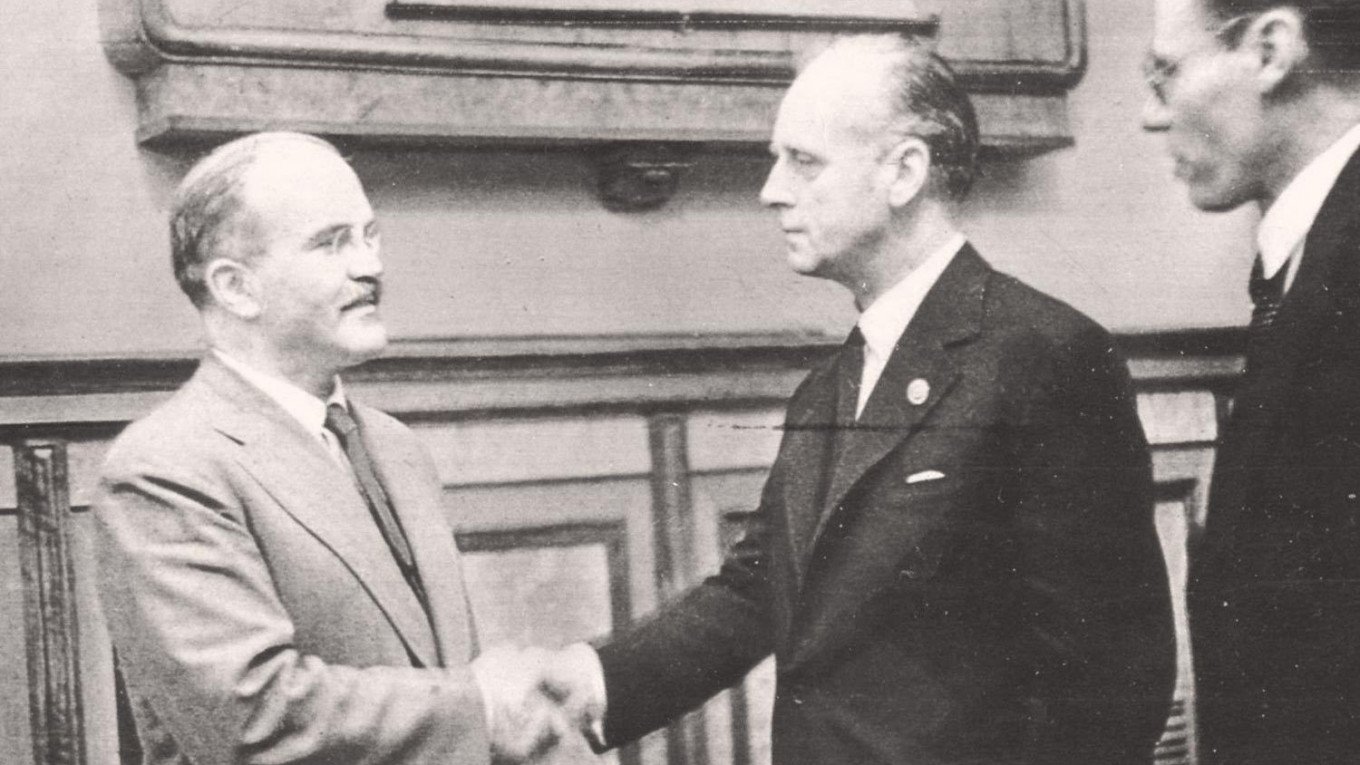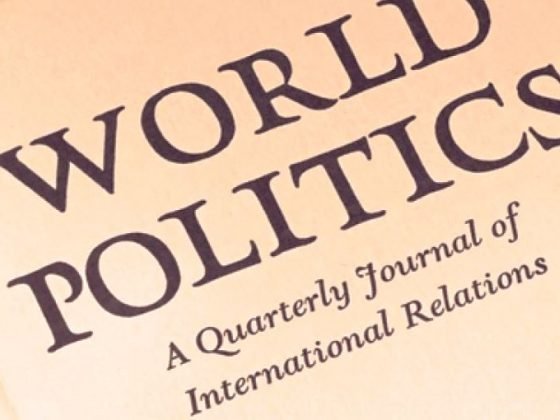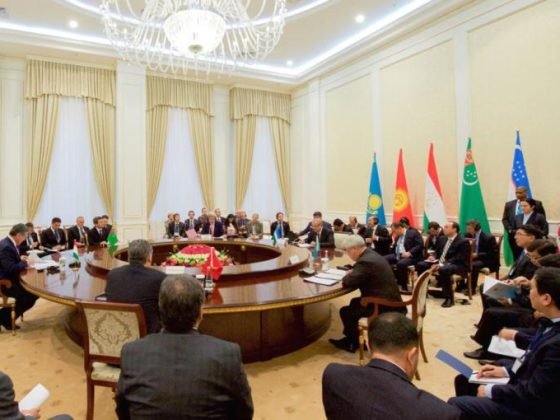(Moscow Times) As the proverb goes, the past tells us above all about the present. The current memory wars between Russia, on the one hand, and Central European countries, led by Poland, the Baltic states, and Ukraine, on the other hand, tell us more about current geopolitical tensions in Europe than they do about how to interpret the past.
The key questions of these memory wars are in fact the definition of Europe’s eastern border and Russia’s place in a pan-European context.
In these memory wars, two confrontational readings of the Second World War collide. The first, promoted by Russia and long shared by the West, states that the Soviet Union played a unique role in winning the war and should be celebrated for the human cost of its sacrifice — a narrative reiterated by Vladimir Putin in his June 2020 article in The National Interest. […]
Read More © The Moscow Times











